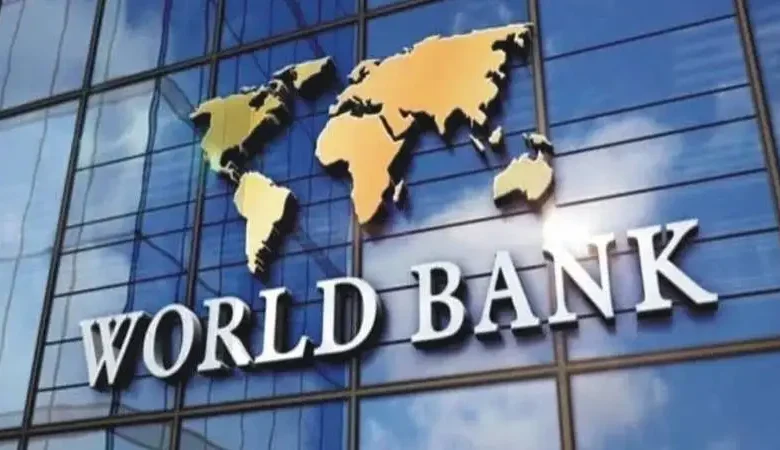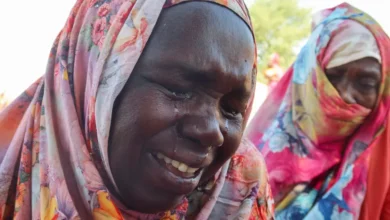The World Bank expects positive growth of Sudan’s economy in 2023

The World Bank projected that the Sudanese economy will achieve positive growth in GDP during this year 2023, reaching about 2% after three short years, according to the Bank’s latest global economic outlook report.
The Bank also predicted that this growth will be boosted (slowly) next year, 2024, with God’s will, to 2.5%, and that any slowdown in growth is a huge challenge to economic development, according to the Bank’s World Economic Outlook report released last Tuesday.
Over the past years, Sudan’s economy has not achieved GDP growth, but has eroded some of its previous growth, suffering negative growth of (minus) -3.6% in 2020 and -1.9% in 2021, slightly recovering 0.3% according to the Bank’s 2022 estimate.
The bank said debt, policy uncertainty, violence and conflict could keep the pace of recovery and growth low and slow.
Incomes can also increase by only 1.2 percent on average in 2023-2024, but it is a much slower rate compared to what is needed to sustain progress in reducing poverty and reversing the country’s income losses caused by the Krona epidemic and others.
The Bank cautioned that these projections are exposed to many negative risks.
These include a deeper slowdown than expected in the global economy, as sharp drops in global commodity prices can limit growth in primary exporting countries, including industrial metals.
If global inflation pressures persist longer than expected, this will lead to higher borrowing costs and increased debt distress risks.
Food systems may also be affected greatly by high costs of agricultural inputs, climatic conditions and weather shocks and further disrupt agriculture and delay large infrastructure and mining projects.
In its vision of global economic prospects, the Bank projected growth in sub-Saharan Africa to be 3.6 per cent in 2023 and 3.9 per cent in 2024.
In the Middle East and North Africa, 3.5% in 2023 and 2.7% in 2024.
The entire global economy will grow by 1.7% in 2023 and 2.7% in 2024.
with expectations that the sharp slowdown in growth will spread widely to all countries.
“The crisis facing development is worsening as global growth prospects deteriorate,” World Bank Group President David Malpass said. Emerging and developing countries face a multiple period of slow growth driven by heavy debt burdens and weak investment as global capital is absorbed by developed economies facing extremely high levels of government debt and increasing interest rates.
weak growth and investment in business will exacerbate the already devastating setbacks in education, health, poverty, infrastructure and growing demands from climate change “.





